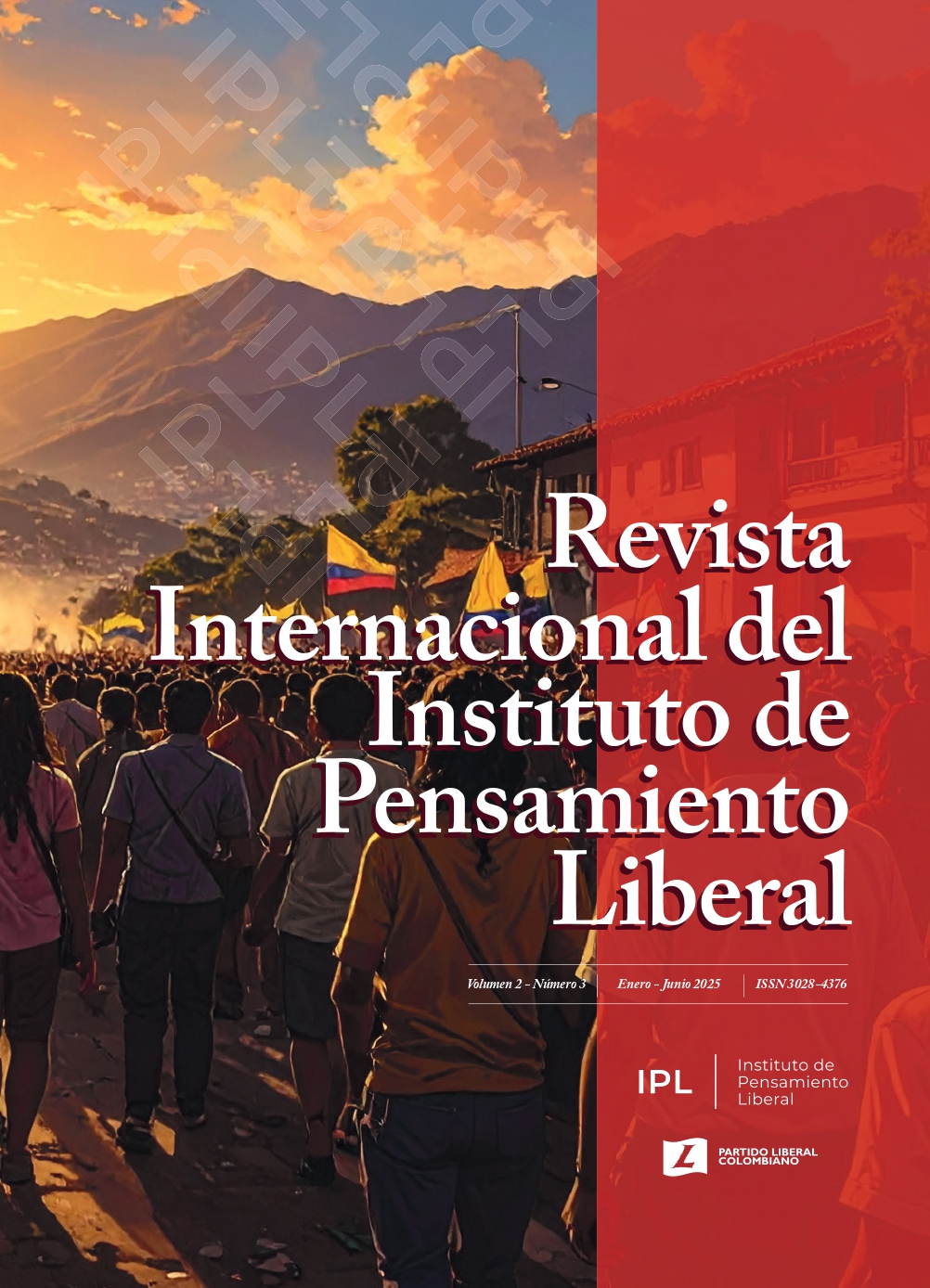El Microbioma Humano y la Medicina Personalizada: Implicaciones para las Políticas Públicas de Salud
DOI:
https://doi.org/10.51660/Palabras clave:
Microbioma hunano, medicina personalizada, politicas públicas de salud, microbiota, equidad en saludResumen
Objetivo. Analizar el papel del microbioma humano en la medicina personalizada y evaluar las implicaciones de su integración en las políticas públicas de salud, con énfasis en equidad, acceso y regulación. Método. Revisión de literatura científica (2010-2024) en bases de datos como PubMed y Scopus, centrada en estudios que exploran la relación entre composición microbiana, salud-enfermedad, y aplicaciones clínicas. Se incluyeron artículos que abordan avances tecnológicos (secuenciación de nueva generación) y desafíos en la implementación de estrategias basadas en el microbioma. Resultados. Un microbioma diverso se asocia con estados de salud óptimos, mientras que disbiosis se vincula a patologías (ej. enfermedades inflamatorias, cáncer), la microbiota actúa como biomarcador diagnóstico y modula la eficacia terapéutica, destacándose su rol en oncología (respuesta a inmunoterapias), la integración del microbioma en medicina personalizada requiere superar barreras técnicas, éticas y socioeconómicas, como inequidad en el acceso a tecnologías y vacíos regulatorios. Conclusión. El microbioma representa un eje transformador para la medicina personalizada, pero su potencial exige políticas públicas que garanticen estándares éticos, accesibilidad universal y marcos normativos robustos. La colaboración interdisciplinaria (médicos, bioinformáticos, legisladores) es clave para traducir hallazgos científicos en beneficios poblacionales.
Descargas
Referencias
Arancela-Bartrina, J., et al. (2016). Dietary fibre in Europe: Current state of knowledge on definitions, sources, recommendations, intakes and relationships to health. Nutrition Research Reviews, 30(2), 149-190.
Aranceta-Bartrina, J., et al. (2015). Prevalence of obesity in Spain: Results of the SEEDO 2015 study. Medicina Clínica, 146(3), 104-108.
Blaser, M. J. (2016). The microbiome revolution. Journal of Clinical Investigation, 126(3), 776-780.
Braveman, P., & Gruskin, S. (2023). Defining equity in health. Journal of Epidemiology & Community Health, 57(4), 254-258.
Cho, I., & Blaser, M. J. (2012). The human microbiome: At the interface of health and disease. Nature Reviews Genetics, 13(4), 260-270.
Costello, E. K., et al. (2012). The application of ecological theory toward an understanding of the human microbiome. Science, 336(6086), 1255-1262.
Gilbert, J. A., et al. (2018). Current understanding of the human microbiome. Nature Medicine, 24(4), 392-400.
Haiser, H. J., & Turnbaugh, P. J. (2013). Developing a metagenomic view of xenobiotic metabolism. Pharmacological Research, 69(1), 21-31.
Huttenhower, C., et al. (2012). Structure, function and diversity of the healthy human microbiome. Nature, 486(7402), 207-214.
Kashyap, P. C., et al. (2017). Microbiome at the frontier of personalized medicine. Mayo Clinic Proceedings, 92(12), 1855-1864.
Kuntz, T. M., & Gilbert, J. A. (2017). Translating microbiome science into public health policy. Science Translational Medicine, 9(421), eaaf4564.
Lang, T., & Rayner, G. (2012). Ecological public health: The 21st century’s big idea? BMJ, 345, e5466.
Lloyd-Price, J., et al. (2016). The healthy human microbiome. Genome Medicine, 8(1), 1-11.
Lynch, S. V., & Pedersen, O. (2016). The human intestinal microbiome in health and disease. New England Journal of Medicine, 375(24), 2369-2379.
McGuire, A. L., et al. (2020). Ethics and the microbiome in precision medicine. Annual Review of Genomics and Human Genetics, 21, 493-510.
Mimee, M., et al. (2016). Microbiome therapeutics: Advances and challenges. ACS Synthetic Biology, 5(1), 11-13.
Ostos Ortiz, O. L., & Quiceno Ostos, T. (2024). Microbiomas y salud humana: nuevas fronteras en la medicina personalizada. Biociencias (UNAD), 8(1), 65-82. https://doi.org/10.22490/26194759.9198
Petersen, C., et al. (2019). Precision public health and the microbiome. Frontiers in Public Health, 7, 347.
Quince, C., et al. (2017). Shotgun metagenomics, from sampling to analysis. Nature Biotechnology, 35(9), 833-844.
Relman, D. A. (2012). The human microbiome: Ecosystem resilience and health. Nutrition Reviews, 70(suppl_1), S2-S9.
Sonnenburg, J. L., & Bäckhed, F. (2016). Diet-microbiota interactions as moderators of human metabolism. Nature, 535(7610), 56-64.
Wang, B., et al. (2017). The human microbiota in health and disease. Engineering, 3(1), 71-82.
Zitvogel, L., et al. (2015). The microbiome in cancer immunotherapy: Diagnostic tools and therapeutic strategies. Science, 359(6382), 1366-1370.
Descargas
Publicado
Número
Sección
Licencia
Derechos de autor 2025 Olga Lucia Ostos Ortiz (Autor/a)

Esta obra está bajo una licencia internacional Creative Commons Atribución-NoComercial 4.0.




